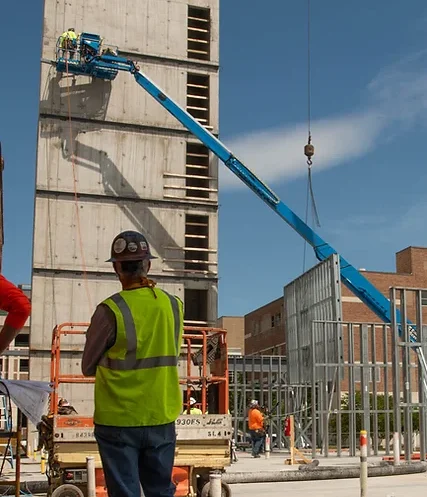
Subcontractor Management
In the dynamic landscape of Australian business operations, subcontractors play an increasingly pivotal role in delivering projects efficiently and effectively. However, with this reliance comes a heightened responsibility for primary contractors to ensure the safety and well-being of subcontractors on their worksites. As a safety consultant deeply entrenched in the realm of workplace health and safety (WHS), I assert that robust subcontractor management is not just advisable but imperative for Australian businesses, rooted in legal obligations, ethical considerations, and practical safety concerns.
Legal Obligations and Compliance
Under the Work Health and Safety Act 2011 (WHS Act) and associated regulations, primary contractors hold a duty of care not only to their employees but also to subcontractors and their employees. This legal obligation extends to providing a safe work environment, adequate training, supervision, and information regarding potential hazards. Failing to meet these obligations can result in severe penalties, including hefty fines and even imprisonment for individuals found guilty of breaches leading to serious harm or fatalities.
Moreover, the WHS Act stipulates that duty holders must consult, cooperate, and coordinate activities with other duty holders, including subcontractors, to ensure the health and safety of all workers involved in a project. This underscores the necessity for a comprehensive subcontractor management system that fosters collaboration, communication, and collective responsibility for safety outcomes.
Ethical Imperatives
Beyond legal requirements, ethical considerations compel Australian businesses to prioritise subcontractor management. Every worker, regardless of their contractual status, deserves to return home safely at the end of the day. As stewards of workplace safety, primary contractors have a moral obligation to extend their duty of care to subcontractors, acknowledging that neglecting safety measures can have devastating consequences for individuals and communities.
Ethical subcontractor management entails fostering a culture of safety that transcends organisational boundaries. It involves proactive engagement, genuine concern for subcontractors’ well-being, and a commitment to continuous improvement in safety practices. In upholding ethical standards in subcontractor management, businesses not only protect lives but also enhance their reputation as responsible corporate citizens committed to worker welfare.
Practical Safety Concerns
From a practical standpoint, effective subcontractor management is essential for identifying, assessing, and mitigating risks inherent in subcontracted work. Given the diverse nature of subcontracted services across industries, primary contractors must conduct thorough risk assessments, provide relevant safety inductions, and ensure ongoing supervision to address potential hazards effectively.
Furthermore, subcontractor management facilitates the integration of safety procedures across all tiers of the supply chain. By establishing clear expectations, communicating safety requirements, and monitoring compliance, businesses can minimise the likelihood of accidents, injuries, and costly disruptions to project timelines.
Allow QSE Consultants to help your business with subcontractor management.
